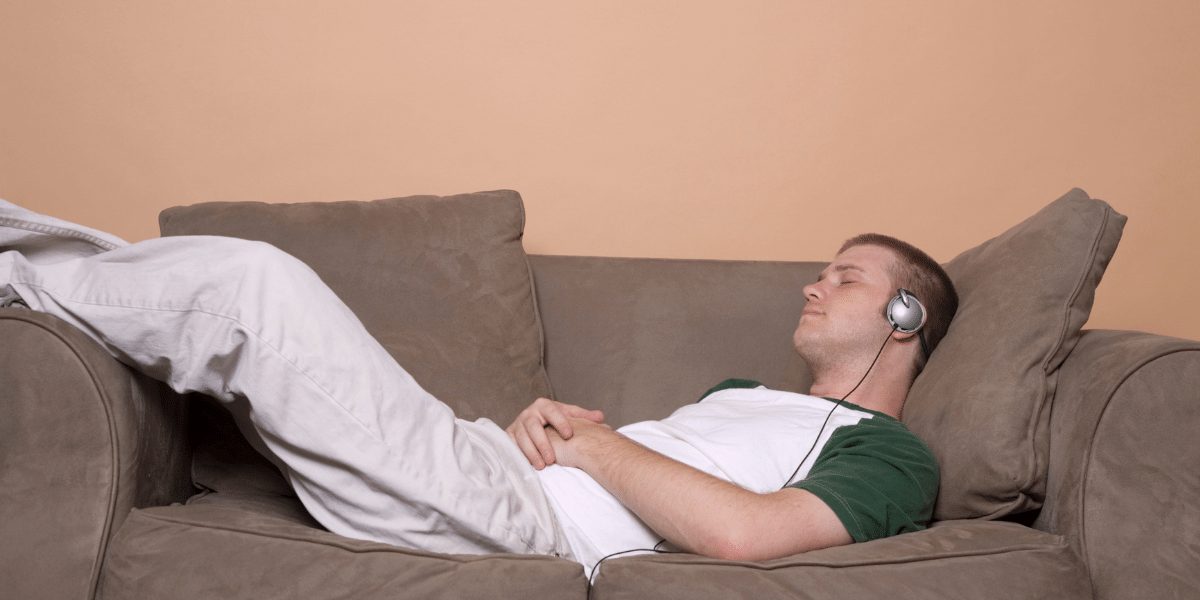Sometimes naps are the only things that help us get through the day. A new study from the Michigan State University Sleep and Learning Lab says that short naps are not a remedy for sleepless nights, and long naps have limited restorative power.
Kimberly Fenn, associate professor at MSU, study author, and director of MSU’s Sleep and Learning Lab said, “We are interested in understanding cognitive deficits associated with sleep deprivation. In this study, we wanted to know if a short nap during the deprivation period would mitigate these deficits. We found that short naps of 30 or 60 minutes did not show any measurable effects.”
The study found that getting into a deep sleep pattern, or slow-wave sleep, during a longer nap does help to slightly reduce cognitive problems due to sleep deprivation, but it doesn’t even come close to the restoration one gets from a good night’s sleep.
Fenn explained that people who got more slow-wave sleep during a nap tended to show reduced errors on cognitive tasks. However, they still showed worse performance than those who got a full night’s sleep, according to the study.
So, the longer the nap, the better, but naps don’t really make up for missing a full night of sleep.
A link to the full study:
https://academic.oup.com/sleep/advance-article-abstract/doi/10.1093/sleep/zsab152/6307588)
Reporting for WGRT – Jennie McClelland


